I don’t really watch sport. Not Wimbledon. Not the World Cup. And while I greatly admire the feat of engineering that is a Formula 1 racing car, the race itself is not something that I pay much attention to. But once a year, and usually around May, I will sit down to watch what I call the Super Bowl of inane intellectual pursuits.
We should have had a new champion by now. Last Thursday, should have been the finals of the 2020 Scripps National Spelling Bee, the culmination of a weeklong event in which hundreds of contestants from all across America are winnowed down to just a handful of the nation’s best spellers. These kids, some of them barely eight-years-old, would have been preparing for this moment for most of their lives. But with the coronavirus still looming large, it is uncertain if this year’s bee will take place at all.
The finals, which ESPN began broadcasting live in 1994, is as nail-biting as it gets. Picture it. Fifteen nerdy kids on stage. Each one taking turns at the microphone to spell seemingly impossible words. As the evening progresses, one-by-one, the kids are eliminated in a round robin of increasing difficulty. You can feel the suffocating anxiety in the room each and every time the dreaded bell dings. A misplaced c. A forgotten e. You’re digging your fingernails into your thighs and mouthing the words along with them. “There are two l’s in ‘hellebore,'” you scream.
And then, there’s that moment, when the one kid you’re rooting for, the one speller with the swagger of James Dean, the one you’re sure is going to go all the way, is suddenly stopped dead in his tracks. There’s that interminable pause between the time the pronouncer first says the word and your guy asks him to repeat it. There’s that blank look that persists, even after the pronouncer repeats the word, explains its etymology, gives the language of origin, repeats it again, and uses it in a sentence. That’s when you know it’s all over. That’s when you sigh and whisper quietly to yourself, “there’s always next year kid, there’s always next year.”
My first encounter with the wider world of spelling was way back in 2002. Jeffrey Blitz’s Oscar-nominated documentary, Spellbound, an utterly gripping story about eight kids who competed in the 1999 National Spelling Bee, was where I discovered the roots of this American obsession. It was where I met Angela Arenivar, and Neil Kadakia, and Nupur Lala. It was where I learnt about just what it took to become a champion.
A lot has changed in the 18 years since that documentary. These days, not only are the words tougher, but the contest itself has become more professionalised. There are now dozens of guides you can buy on Amazon. There are Facebook groups dedicated to helping you become a better speller. The annotated dictionaries and handmade manila posters have made way for giant spreadsheets and databases. Some parents even spend a small fortune hiring professional coaches for their children.
There’s also been one other significant development since Spellbound. Last year, in an unprecedented result, eight contestants were crowned co-champions after the competition said it was running out of challenging words. Six of them were of South Asian descent. In fact, since we saw Nupur Lala take the crown in Spellbound, 27 of the last 31 winners have been Indian Americans.
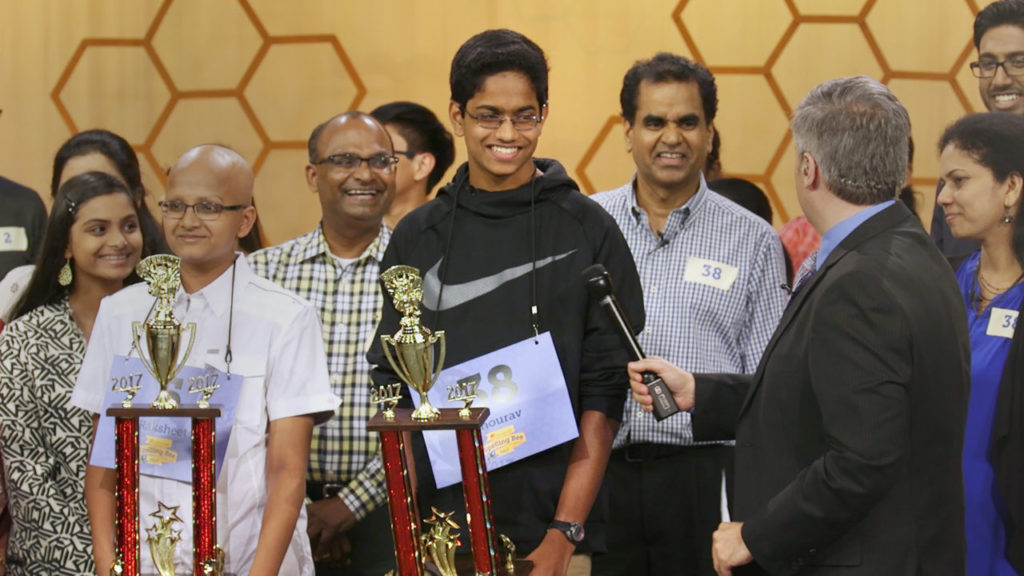
Spelling the Dream (which began its life as a Kickstarter funded documentary called Breaking the Bee) attempts to answer why, despite constituting only 1% of the population, Indian-American children are such a dominant force in this contest. And it does a pretty great job.
The structure of the documentary is a familiar one. Director Sam Rega spends time with spellers and their families, he speaks to prominent Indian Americans like Sanjay Gupta, Fareed Zakaria, and Hari Kondabolu, and we even get a quick history lesson on Lyndon Johnson’s Immigration and Naturalization Act of 1965 and the role it played in creating the champions of today.
The film manages to cram quite a bit into its 83 minute runtime. It explores the impact and influence of Balu Natarajan’s win in 1985 – he was the first South Asian to win the national bee, the Indian cultural obsession with education, as well as the societal status upgrade that these victories have afforded the community.
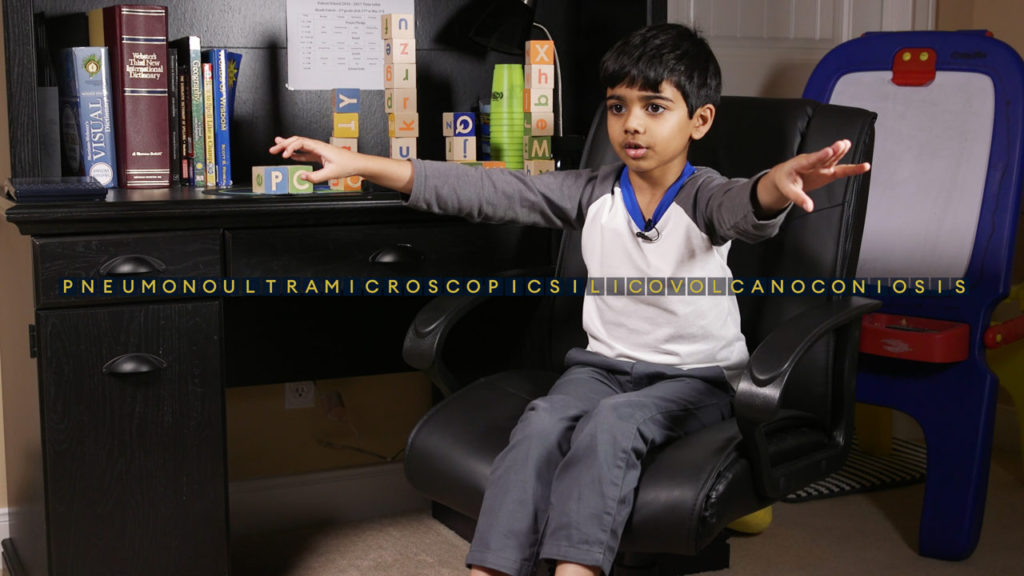
But the thing that Spelling the Dream gets absolutely right is in its brief asides back to India, when Rega reaches out to the extended families of these children. It is an interesting narrative choice, and one that displays a deep cultural understanding of both the immigrant experience and the Indian diaspora.
We all know that children do better when parents are deeply involved in their process of learning. The sacrifices that mothers and fathers make to educate their children having a proportional impact on how well they eventually do in life. Growing up Indian, I can tell you that this extends far beyond the immediate nuclear family. Uncles and aunts, cousins twice removed, not just across state lines, but tens of thousands of miles away, are just as invested in your academic achievements.
It takes a village to raise a child. Now imagine the clamour of an entire village rooting for that child to succeed. To win. It is a subtle observation in the film, but one that goes a long way to explain why these Indian kids keep doing so well.
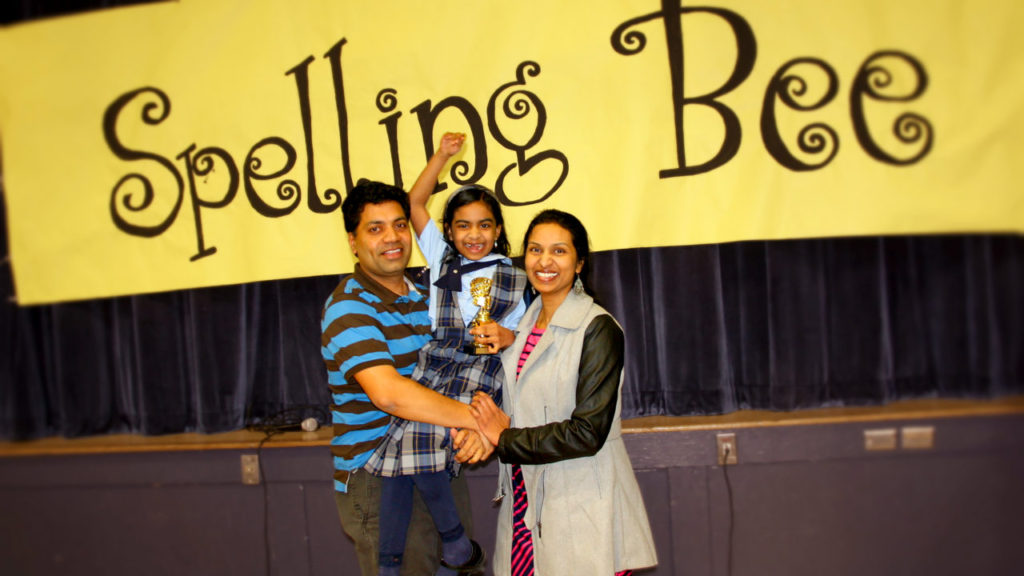
Spelling the Dream also gives us a look at just how childhood has changed in the 21st century and how the bee might be responsible for better preparing these kids for the future. We live in an incredibly competitive age, one in which sweat, grit, and hard work doesn’t always guarantee success. When Ashrita Gandhari tells us that she doesn’t expect to win that year but hopes to place in the top 50, we realise that at ten-years-old, she’s already aware of how to play the long game. All of these kids are. They aren’t just tireless spellers but strategic thinkers as well.
Yes, a lot of this has to do with immigrant parenting styles. But it isn’t the click-bait sensationalism of Amy Chua’s “Battle Hymn of the Tiger Mother.” These aren’t your average Asian clichés. This feels like something different. This feels like a merging of two worlds. It’s taking the Western notions of allowing children to seek out their own interests and passions, and then applying some gentle Asian pressure. By encouraging them. By teaching them how to be self-motivated. These are parents who provide their children with the right tools in order to take their abilities to the next level.
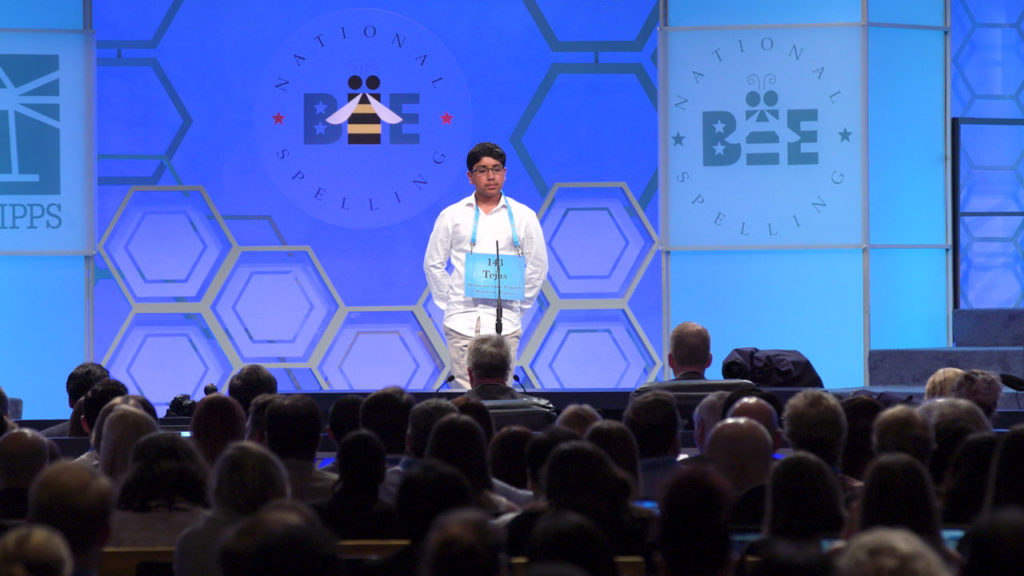
The unsung hero of the piece, however, is Dr. Jacques Bailly. He’s been the bee’s official pronouncer since 2003, and so much of why this is such a watchable sport comes down to how he conducts the proceedings. His soft spoken demeanour. The confidence with which he utters even the most complex syllables. His patience. His good humour. But most of all, it’s because of just how much he’s rooting for these children to succeed. At last year’s contest, when those eight kids kept beating the dictionary over and over again, Dr. Bailly, with genuine awe in his voice simply said: “We’re throwing the dictionary at you. And so far, you are showing this dictionary who is boss.”
Spelling the Dream is a breezy, witty, and insightful documentary that poses a compelling question and provides convincing answers. But it is also more than just an investigation. This is a celebration. Of how one immigrant community in America found success in the unlikeliest of places. And of these incredible children, whose unflagging persistence and hard work, has taken an American institution and recoded it as brown.
Spelling the Dream
Netflix
83 minutes
Director: Sam Rega
Cast: Akash Vukoti, Ashrita Gandhari, Shourave Dasari, Tejas Muthusamy, Sanjay Gupta, Kevin Negandhi, Fareed Zakaria, Pawan Dhingra, and Hari Kondabolu.

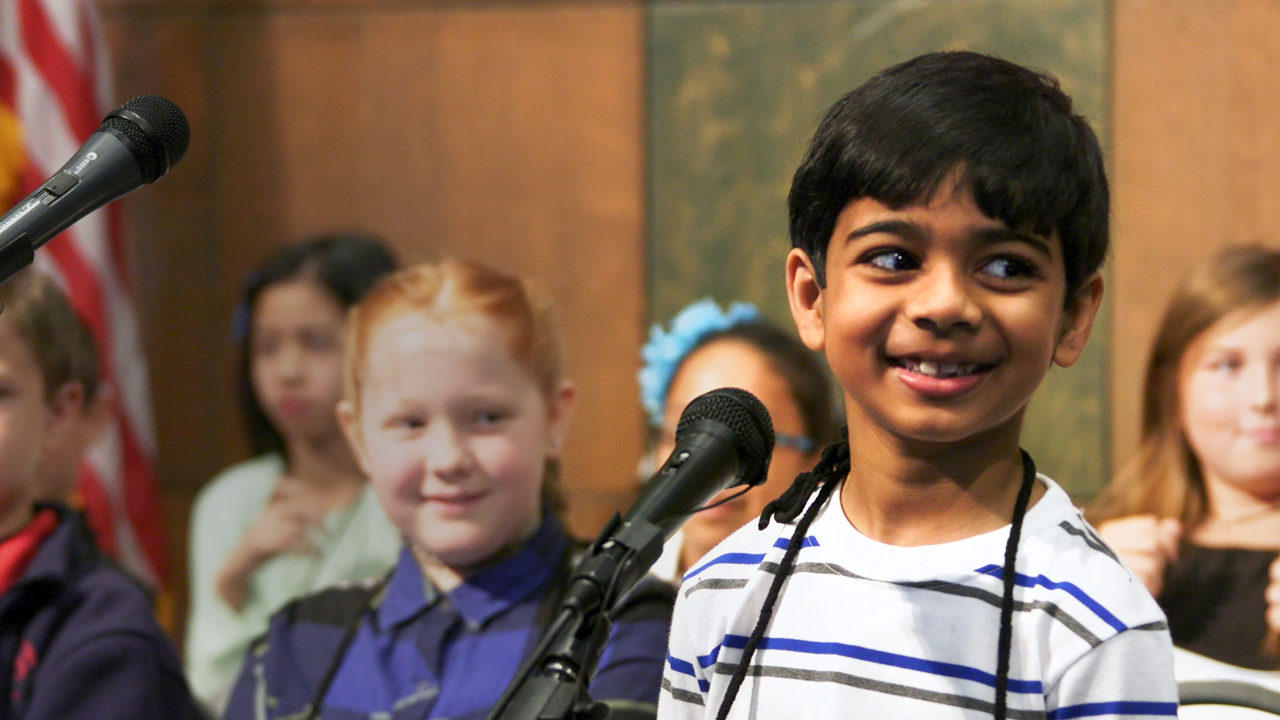
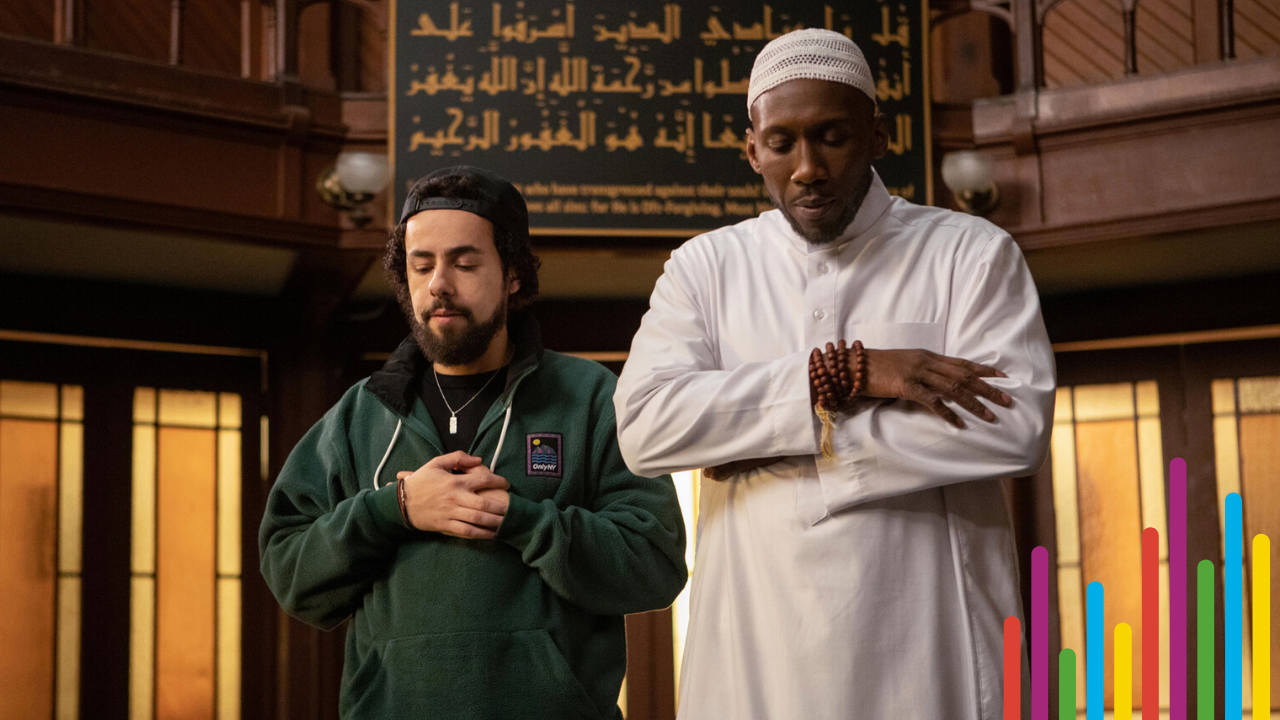






Follow Us